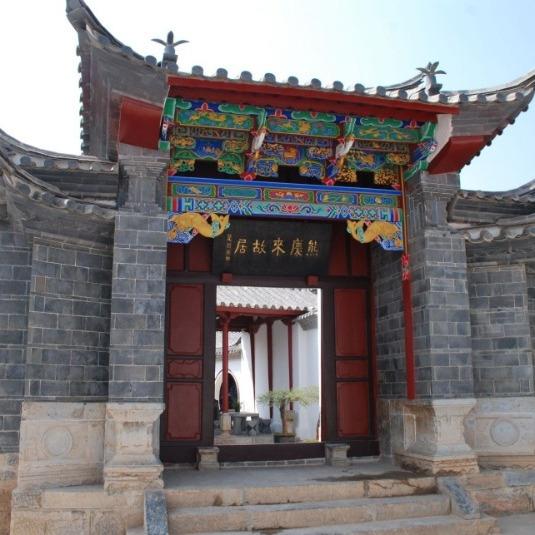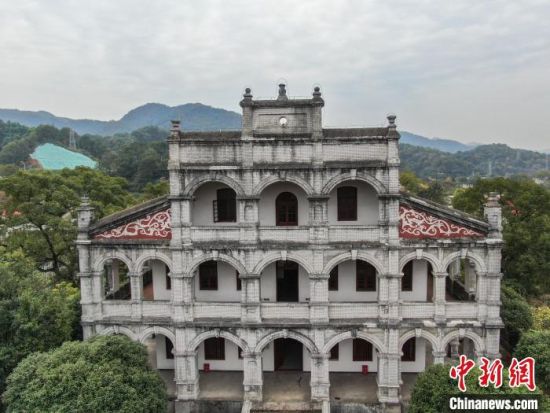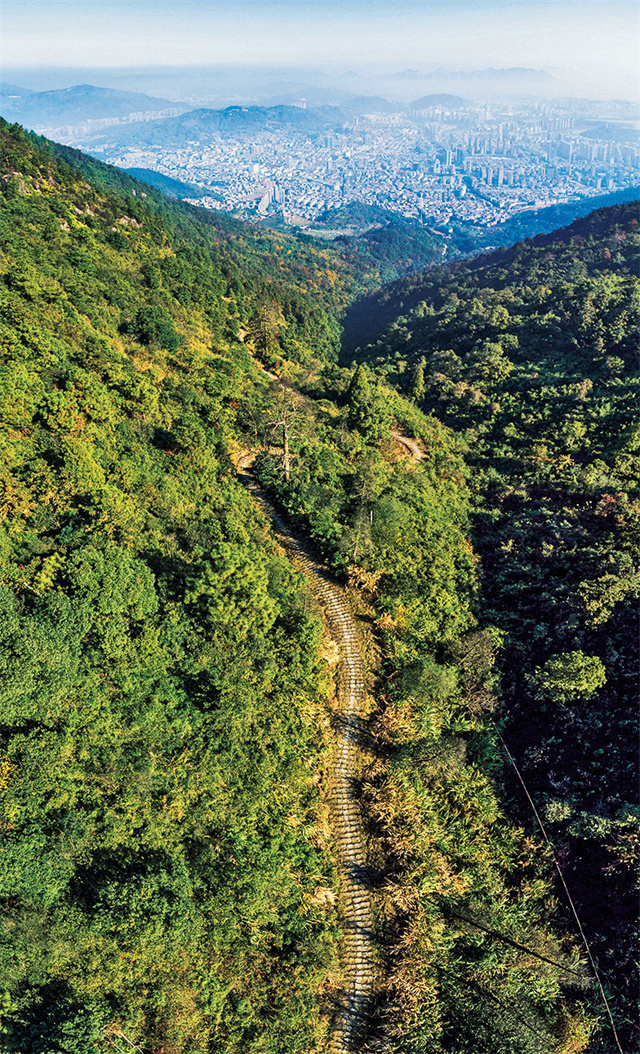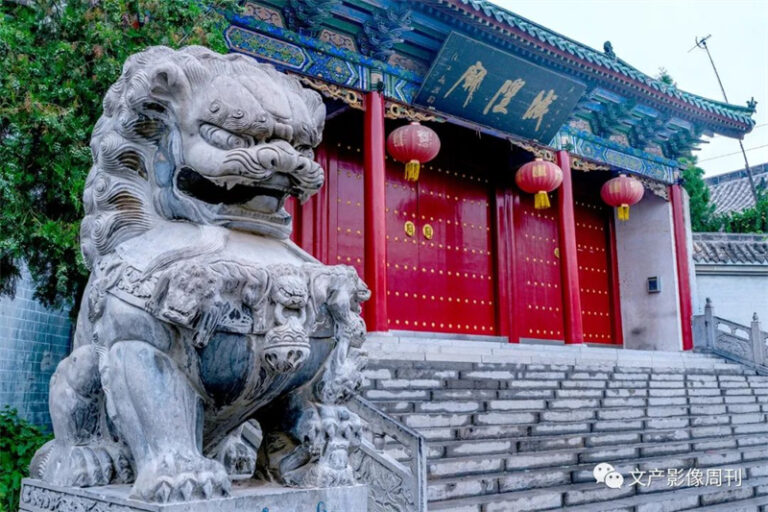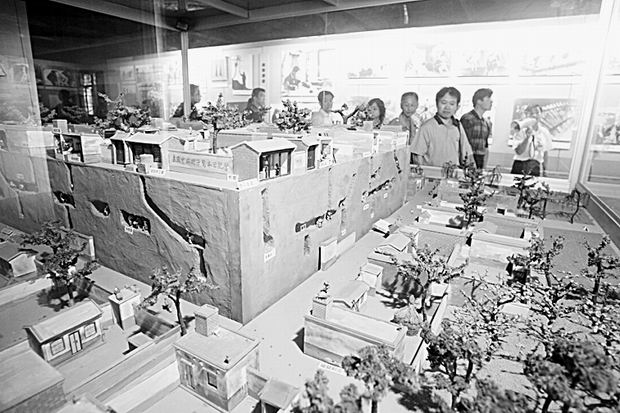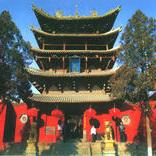Tianshui Liya Yizhi: A Hidden Gem in Gansu’s Cultural Landscape
An Essential Guide to Visiting Tianshui Liya Yizhi
In This Guide
- An Essential Guide to Visiting Tianshui Liya Yizhi
- The Rich History of Tianshui Liya Yizhi
- Main Highlights: What to See at Tianshui Liya Yizhi
- Planning Your Visit: A Practical Guide
- Tickets, Hours, and Booking
- How to Get There
- Local Cuisine and Accommodation
- Frequently Asked Questions
- Final Thoughts on Your Trip
Nestled in the enchanting landscape of Tianshui, Gansu Province, the Tianshui Liya Yizhi (李崖遗址) is a treasure trove of China’s ancient history. This archaeological site, dating back to the Neolithic era and spanning through the Shang, Zhou, and Han dynasties, offers a unique glimpse into the life and culture of early civilizations in this region. Located on a plateau where the Fan River meets the Niutou River, the site is significant not only for its historical artifacts but also for its breathtaking natural surroundings.
Discovered in the early 1980s, the Liya Yizhi has since become a focal point for archaeologists and historians alike, revealing layers of cultural deposits that speak to the area’s rich heritage. The remnants of an ancient city wall, known as the White Earth Cliff City, set against the backdrop of rolling hills, invites visitors to imagine the lives of those who walked these lands thousands of years ago. Excavations have unearthed a variety of burial sites, pottery, and tools that showcase the craftsmanship and daily life of the people who inhabited this region during pivotal moments in Chinese history.
In 2013, the site was recognized as a National Key Cultural Relic Protection Unit, further solidifying its importance as a significant cultural landmark. Today, the Tianshui Liya Yizhi serves as a bridge connecting modern visitors to the ancient past, making it an essential stop for anyone looking to explore the depths of China’s historical narrative. Whether you are an avid historian, an archaeology enthusiast, or simply a curious traveler, the Liya Yizhi promises a journey through time that is as educational as it is awe-inspiring.
The Rich History of Tianshui Liya Yizhi
The Tianshui Liya Yizhi (李崖遗址), situated in the north of Tianshui City in Gansu Province, China, is a significant archaeological site that provides invaluable insights into the cultural evolution of the region from the Neolithic era through to the Han dynasty. Discovered in 1982, the site spans approximately 1.5 kilometers along the western bank of the Fan River, where it intersects with the Niutou River.
This extensive archaeological site has yielded a variety of artifacts and structures, indicating its importance as a center of habitation and burial practices over several millennia. The cultural layers uncovered at Liya Yizhi encompass the Yangshao, Qijia, and Siwa cultures, as well as relics from the Shang, Zhou, Spring and Autumn, and Han periods. The findings suggest that the area was continuously occupied and developed, revealing a complex social structure that evolved alongside significant historical events in ancient China.
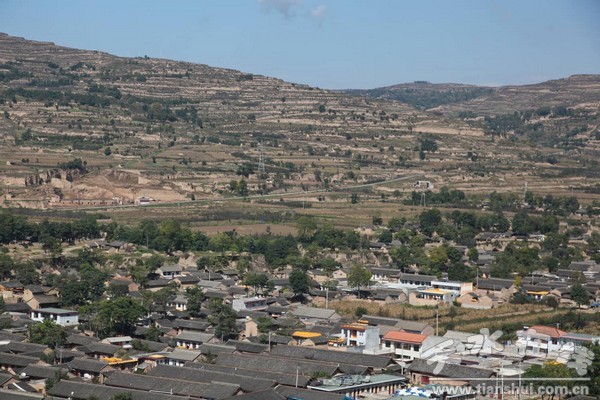
Tianshui Liya Yizhi.
Notably, the Liya Yizhi site is home to the Bai Tuyuan Ancient City, a well-preserved ancient fortification that has been designated as a County-level Cultural Heritage Site. Excavations have unveiled remnants of city walls, burial mounds, and various types of pottery, including ceremonial vessels that exhibit strong influences from the Shang dynasty, indicative of the cultural exchanges occurring during that time. The burial practices observed at the site, particularly the orientation and construction of the graves, reflect a connection to the early Qin culture and its ancestral lineage, which can be traced back to the legendary figure of Feizi, a notable ancestor of the Qin state.
In recent years, the cultural significance of Liya Yizhi has been further recognized; in 2013, it was officially designated as a Major Historical and Cultural Site Protected at the National Level by the State Council of China. The site is not only crucial for understanding the early development of the Qin state but also provides a broader context for the interactions between various ethnic groups and cultures in ancient China.
As archaeological research continues at Liya Yizhi, scholars are uncovering more about the daily life, spiritual practices, and societal structures of the people who once inhabited this area. The site stands as a testimony to the rich historical tapestry of Tianshui, often referred to as the “Hometown of the Yellow Emperor,” and remains an essential destination for those interested in exploring the depths of Chinese history and culture.
Main Highlights: What to See at Tianshui Liya Yizhi
The Tianshui Liya Yizhi (李崖遗址) is a remarkable archaeological site located in Tianshui, Gansu Province, China, offering a deep dive into the region’s ancient past. Here are some of the main highlights of this fascinating location:
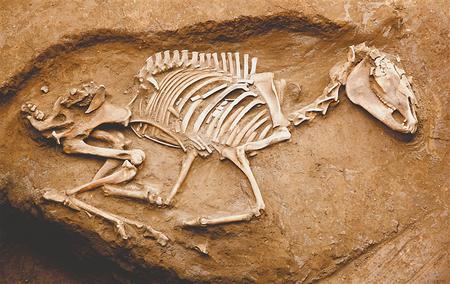
Tianshui Liya Yizhi.
-
Rich Historical Context: Dating back to the Neolithic era and spanning through the Shang, Zhou, and Han dynasties, the Liya Yizhi provides a chronological tapestry that illustrates the evolution of human civilization in this part of China. This site is invaluable for understanding the cultural foundations that contributed to early Chinese society.
-
Extensive Archaeological Findings: Archaeologists have uncovered a wealth of artifacts, including pottery and burial goods from the Western Zhou period, which showcase the craftsmanship and aesthetic sensibilities of the time. Notable finds include cooking vessels known as “li” and “gui,” which exhibit distinct characteristics of both Zhou and Shang styles.
-
Ancient Urban Structures: The remnants of an ancient city wall known as the Baituyai Ancient City (白土崖古城) can be explored, hinting at the urban planning and defensive architectures of the time. This structure, now a protected site, offers insights into the societal organization and defense mechanisms of early settlements.
-
Unique Burial Practices: The site features a number of graves that reveal burial customs of the period, including the practice of dog sacrifice, which was believed to honor the deceased. The arrangement and orientation of these graves provide clues to the beliefs and rituals surrounding death and the afterlife in ancient Chinese culture.
-
Cultural Significance: Liya Yizhi is recognized as a key site in understanding the spread of early Qin culture and its interactions with neighboring cultures. The findings here contribute to the broader narrative of how these ancient peoples lived, interacted, and evolved over centuries.
-
National Heritage Site: In 2013, the Liya Yizhi was designated as a National Key Cultural Relic Protection Unit, underscoring its importance in China’s historical landscape. This recognition not only preserves the site for future generations but also highlights its significance in the study of China’s early civilizations.
Visitors to Tianshui can engage with both the serene natural beauty of the surrounding landscape and the profound historical narratives that the Liya Yizhi embodies. Whether you’re an archaeology enthusiast or simply curious about China’s rich cultural heritage, this site is a must-visit destination.
Planning Your Visit: A Practical Guide
Practical Guide to Visiting Tianshui Liya Yizhi (李崖遗址)
Location and Getting There
The Tianshui Liya Yizhi, located in the Qinshui County of Tianshui City, Gansu Province, is nestled on a plateau at the confluence of the Fan River and Niutou River, about 200 meters north of Liya Village. To reach the site, you can take a bus or drive from Tianshui City, which is approximately 30 kilometers away. The site is accessible via local roads that connect to the main highways leading into Tianshui.
Entrance and Fees
As of now, the site does not have an entrance fee, making it an affordable option for visitors. However, it’s advisable to check for any updates or temporary closures prior to your visit.
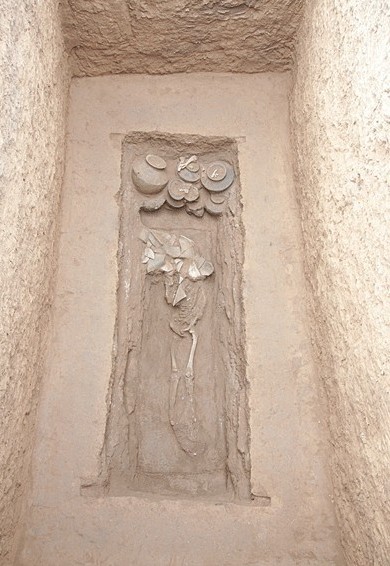
Tianshui Liya Yizhi.
Opening Hours
The site is open year-round, but it’s best to visit during daylight hours. Morning visits are recommended for cooler temperatures and better lighting for photography.
What to Expect
Tianshui Liya Yizhi is a significant archaeological site, dating back to the Neolithic era and encompassing various cultural periods, including the Shang, Zhou, and Han dynasties. The area features remnants of ancient city walls, burial sites, and pottery, showcasing the rich history of early Qin culture.
-
Archaeological Features: Visitors can explore the remnants of the ancient city known as the Bai Tu Ya Ancient City, which is a protected cultural heritage site. The site has undergone archaeological excavations that have revealed burial artifacts and structural remains that provide insight into the culture and lifestyle of the region’s early inhabitants.
-
Cultural Significance: The site is a treasure trove for those interested in ancient Chinese history, particularly the early Qin period. You’ll find various burial styles and artifacts that reflect the burial customs and daily life of the time.
Nearby Attractions
While visiting Tianshui Liya Yizhi, consider exploring the following nearby attractions:
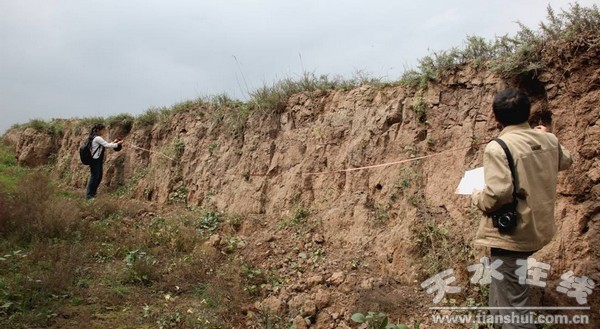
Tianshui Liya Yizhi.
- Maijishan Grottoes: One of China’s four major grotto sites, featuring a vast collection of Buddhist sculptures and frescoes.
- Fuxi Temple: A historical temple dedicated to Fuxi, a legendary figure in Chinese mythology.
- Hu Family Compound: This well-preserved courtyard houses artifacts and exhibits related to local history and culture.
Tips for Visiting
- Wear Comfortable Shoes: The site involves some walking, so sturdy footwear is recommended.
- Bring Water and Snacks: While there may not be facilities nearby, having refreshments can enhance your visit.
- Photography: Don’t forget your camera! The site offers picturesque views and fascinating historical remnants.
- Respect the Site: As a historical site, it’s important to maintain the integrity of the area. Avoid touching or climbing on ancient structures.
Local Cuisine
After exploring the archaeological site, treat yourself to local delicacies in the nearby towns. Tianshui is known for its unique foods like “Gua Gua” (a local dish made from buckwheat) and “Noodle Soup,” which are must-tries for food enthusiasts.
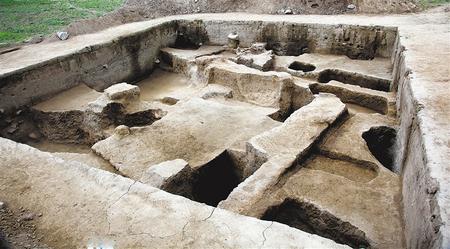
Tianshui Liya Yizhi.
Conclusion
A visit to Tianshui Liya Yizhi promises a captivating glimpse into China’s ancient past, set against the backdrop of stunning natural beauty. Whether you are a history buff or a casual traveler, this site offers a rich experience that highlights the cultural and archaeological significance of the Qin region. Plan your visit to immerse yourself in the heritage and traditions that have shaped this remarkable part of Gansu Province.
Tickets, Hours, and Booking
Visiting the Tianshui Liya Yizhi (李崖遗址), located in the scenic Tianshui region of Gansu Province, is an enriching experience for those interested in ancient history and archaeology. Here’s what you need to know about admission and exploring this significant archaeological site.
Admission Information
Currently, entrance to the Liya Yizhi is free of charge. This makes it an accessible destination for travelers and history enthusiasts alike, allowing visitors to explore one of the most important archaeological sites from the Neolithic period through the Han Dynasty without any financial barriers.
Getting There
Liya Yizhi is situated on the banks of the Niu Tou River and can be easily accessed from the town of Qingshui, approximately 200 kilometers from the city of Tianshui. Public transportation options, including local buses and taxis, make it simple to reach the site. If you’re driving, ample parking is available nearby.
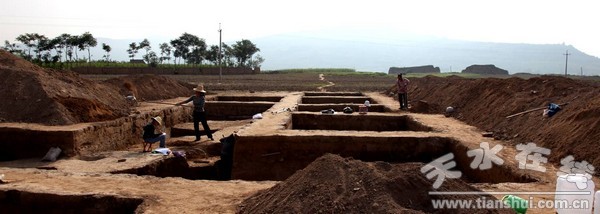
Tianshui Liya Yizhi.
Exploring the Site
The Liya Yizhi spans an area of around 1.5 kilometers and includes remnants from various historical periods, particularly the Western Zhou and Han dynasties. As you walk through the site, you will encounter ancient burial sites, remnants of walls, and artifacts that illustrate the rich cultural history of the region.
Visitors should wear comfortable shoes and be prepared for some walking, as the terrain can be uneven in parts. It is recommended to allocate at least a couple of hours to fully appreciate the archaeological features and to soak in the historical significance of the area.
Guided Tours and Resources
While no formal guided tours are required, local guides are often available near the entrance, offering insights and stories about the significance of Liya Yizhi. If you prefer a self-guided experience, consider bringing a guidebook or using a travel app to enrich your visit with historical context.
Conclusion
The Liya Yizhi is not only a must-see for its archaeological significance but also a fantastic opportunity to engage with China’s ancient history in a serene setting. With free admission, convenient access, and a wealth of historical artifacts to explore, it’s a perfect addition to your itinerary when traveling through Gansu Province.
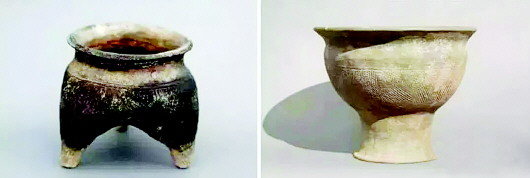
Tianshui Liya Yizhi.
How to Get There
Getting to Tianshui Liya Yizhi (李崖遗址) is a journey that promises both historical intrigue and scenic beauty as it is nestled in the heart of Gansu Province, near the city of Tianshui. Here’s how you can navigate your way to this archaeological treasure.
By Air
The nearest major airport is Tianshui Maijishan Airport (天水麦积山机场), located approximately 30 kilometers from Tianshui city center. This airport connects to several major cities in China, including Beijing, Shanghai, and Xi’an. Upon arrival at the airport, visitors can take a taxi or rideshare service directly to the city.
By Train
Tianshui is well-served by the Chinese railway network, making it accessible from various regions. The Tianshui Railway Station (天水火车站) offers high-speed train services that connect to cities like Xi’an and Lanzhou. It is advisable to check the train schedules in advance, as they can vary. From the train station, taxis are readily available to take you to the Liya Yizhi site.
By Bus
For those already in Tianshui or nearby cities, local buses frequently run to the Liya Yizhi area. The Public Transportation System in Tianshui provides options that include regular bus services to the nearby towns of Qingshui County (清水县) and various surrounding villages. Buses are an economical choice for travelers, although schedules may vary, so checking local listings or asking at your hotel for current routes is recommended.
By Car
Driving to the Liya Yizhi is also an option for those who prefer flexibility. The site is located north of Tianshui city center, just off the G312 national highway. The journey takes about 30 minutes, depending on traffic. Rental cars are available in Tianshui, and numerous local taxi services can also be hired for a more guided experience.
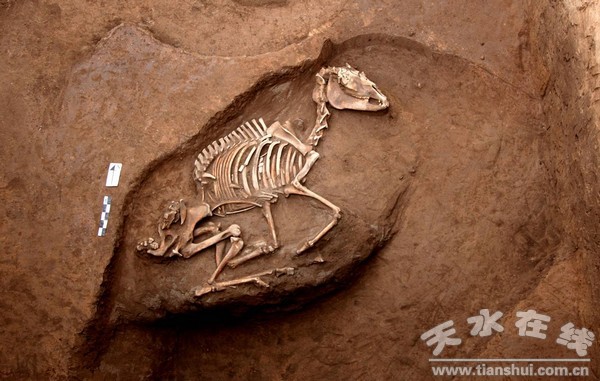
Tianshui Liya Yizhi.
Local Transportation
Once you arrive at the Liya Yizhi site, navigating the area can be done on foot. The site is relatively flat, making it easy to explore the archaeological remnants. If you wish to visit nearby attractions, local taxis or rideshare services can be convenient, as they are easily accessible in the city.
Conclusion
Whether you choose to fly, take the train, hop on a bus, or drive, reaching Tianshui Liya Yizhi is straightforward. This historical site not only offers a glimpse into ancient cultures but also provides a scenic journey through one of China’s culturally rich provinces. Make sure to plan your transportation in advance to make the most of your visit!
Local Cuisine and Accommodation
When visiting Tianshui Liya Yizhi (李崖遗址), a significant archaeological site rich in history, you’ll want to indulge in the local culinary delights and find comfortable accommodation to enhance your experience. Here’s a guide to savoring the flavors and resting your head in this fascinating region.
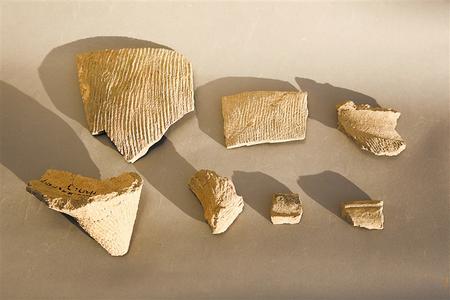
Tianshui Liya Yizhi.
Culinary Delights
Tianshui is known for its unique and hearty cuisine that reflects its rich cultural heritage. Here are some local dishes you absolutely cannot miss:
-
Guagua (呱呱): Often regarded as Tianshui’s signature dish, Guagua is made from buckwheat starch and is best enjoyed fresh. It has a soft, chewy texture and is typically served with a spicy chili oil and a mix of sauces. Locals often eat it with their hands, tearing off pieces and dipping them into the flavorful condiments.
-
Cool Noodles (凉粉): This versatile dish can be enjoyed as a main course or a snack. Made from various starches like buckwheat or peas, the noodles are served cold and dressed with a variety of toppings and sauces, making for a refreshing meal, especially in warmer months.
-
Pork Oil Buns (猪油盒子): A delightful breakfast option, these buns are filled with flavorful pork fat and are best paired with a bowl of egg soup. The aroma of freshly cooked pork oil buns wafting through the streets is irresistible.
-
Beef Noodles (牛肉面): A staple in the region, Tianshui’s beef noodles offer a unique twist on the traditional dish. The noodles are handmade, and the broth is rich and savory, perfect for those looking for comfort food.
-
Flat Dumplings (扁食): Similar to wontons but filled with local vegetables, these dumplings are typically served dry, dressed in spicy oil and topped with vegetables for added flavor and texture.
For those seeking a local favorite, Chang Ji Guagua is a renowned eatery that has been serving its delicious Guagua for over 40 years. Expect to find long lines, especially during peak meal times, as locals flock here for their beloved dish.
Accommodation
After a day of exploration, finding a comfortable place to stay is essential. Here are a few recommended accommodations near the Liya Yizhi site:
-
Qinzhou Hotel: Located conveniently close to major attractions, this hotel offers modern amenities, comfortable rooms, and a restaurant serving local cuisine. It’s a great base for exploring Tianshui and surrounding areas.
-
Tianshui International Hotel: This upscale hotel features spacious rooms with breathtaking views of the surrounding mountains. Guests can enjoy several dining options, a fitness center, and easy access to local attractions.
-
Liya Yizhi Guesthouse: For a more intimate experience, this guesthouse provides a cozy atmosphere with traditional decor. It’s a short drive from the archaeological site, making it ideal for those focused on exploring the historical aspects of Tianshui.
-
Hot Springs Resort: If you’re looking to relax, consider staying at one of the hot spring resorts located nearby. These resorts offer a unique experience with natural hot springs, spa services, and beautiful scenery.
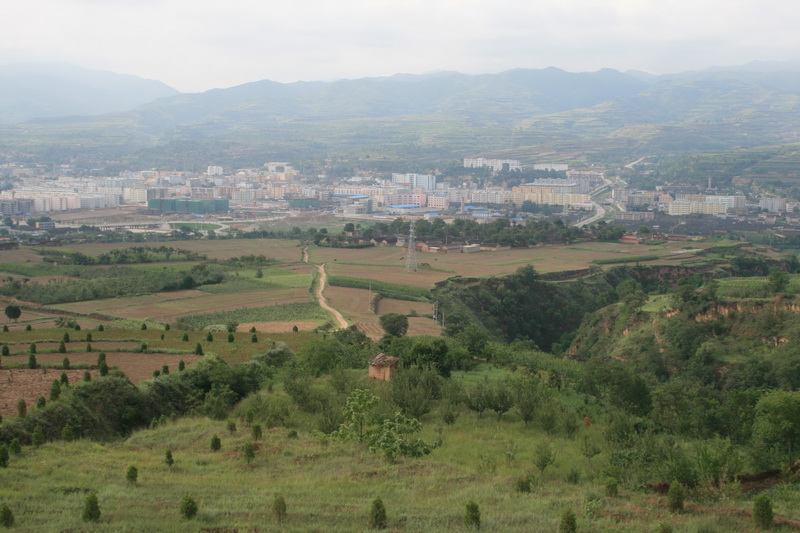
Tianshui Liya Yizhi.
Tips for Travelers
When visiting Tianshui, be sure to try the street food available in local markets, where you can find a variety of snacks at affordable prices. Additionally, many eateries offer a warm, welcoming atmosphere that reflects the hospitality of the local people.
Whether you’re indulging in the flavors of Tianshui or resting in comfortable accommodations, your visit to the Liya Yizhi site will surely be enriched by these culinary and lodging experiences. Enjoy your journey!
Frequently Asked Questions
Frequently Asked Questions about Tianshui Liya Yizhi (李崖遗址)
-
What is Tianshui Liya Yizhi?
Tianshui Liya Yizhi, or Liya Ruins, is an archaeological site located in Tianshui, Gansu Province, China. It dates back to various historical periods, including the Neolithic, Shang, Zhou, Han dynasties, and is significant for understanding early Chinese civilization. -
Where is Liya Yizhi located?
The site is situated on the north bank of the Niutou River, where it meets the Fan River, approximately 200 meters north of the Liya Village in Qingshui County. It covers an area of around 1.5 kilometers and includes the ancient Bai Tuyai city remains. -
Why is Liya Yizhi historically important?
Liya Yizhi is crucial for studying the cultural development in southeastern Gansu and the spread of early Chinese cultures, particularly from the Shang and Zhou dynasties. The discovery of burial sites and artifacts sheds light on the early Qin culture and its connection to neighboring civilizations. -
What can visitors expect to see at the site?
Visitors to the Liya Ruins can explore the remnants of ancient city walls, burial sites, and artifacts including pottery and bronze items. The site also features a variety of archaeological layers, offering insights into the living conditions and customs of the people who inhabited the area. -
How can I get to Tianshui Liya Yizhi?
The site is accessible by local transportation options from Tianshui city. Visitors can take a bus or taxi to Qingshui County and then proceed to Liya Village. It’s advisable to consult local guides or maps for the most efficient routes. -
Is there an entry fee for visiting the ruins?
As of now, there is no specific entry fee for visiting Tianshui Liya Yizhi, but it is recommended to check ahead for any updates or guided tour options that might have associated costs. -
Are there any facilities available for tourists at the site?
Basic facilities such as rest areas and informational signage may be available, but visitors should prepare for a more rugged experience as the site is primarily archaeological and may not have extensive tourist amenities. -
What other attractions are nearby?
The Tianshui area is rich in cultural and historical sites. Nearby attractions include the Maijishan Grottoes, Fuxi Temple, and Hu’s Family Courtyard. These sites provide additional context and exploration opportunities for those interested in the region’s heritage.
Final Thoughts on Your Trip
Exploring the Tianshui Liya Yizhi is more than just a journey through ancient ruins; it is a profound encounter with the roots of Chinese civilization. This archaeological site, rich in history and cultural significance, offers a glimpse into the lives of the early Qin people and their connections to the broader tapestry of Chinese heritage.
As you wander through the remnants of ancient walls and burial sites, you can almost hear the whispers of the past echoing through time. The artifacts unearthed here, from pottery to burial goods, tell stories of rituals, beliefs, and daily life that have shaped the region over millennia. The Liya Yizhi stands as a testament to the enduring legacy of the Qin culture, showcasing its evolution and influence throughout Chinese history.
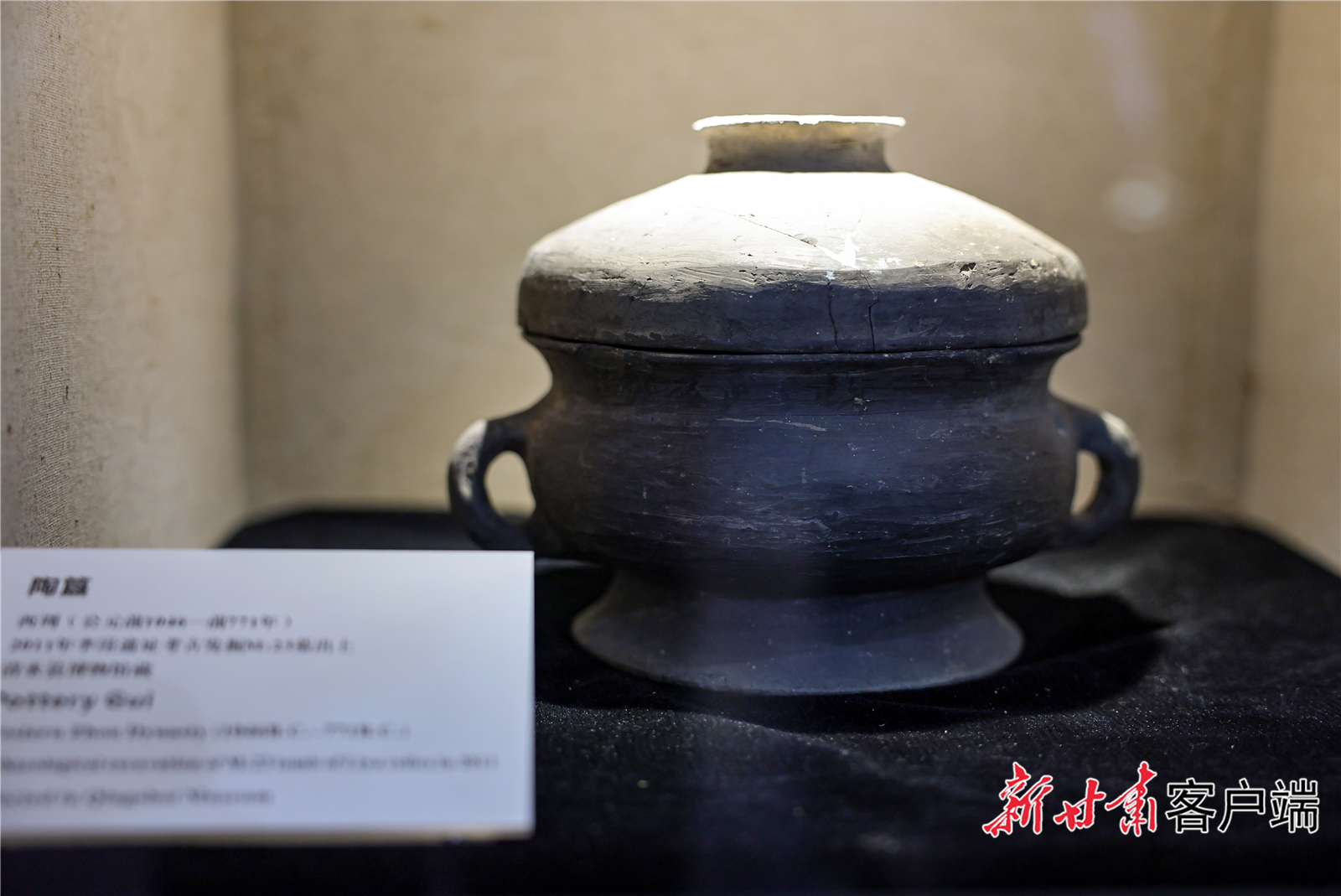
Tianshui Liya Yizhi.
Visiting this site not only enriches your understanding of ancient China but also invites reflection on the continuity of culture and identity in the face of change. The beauty of Tianshui, with its stunning landscapes and rich traditions, complements the historical narrative, making it a destination that captivates both the mind and heart.
Whether you are an avid historian or simply a curious traveler, the Liya Yizhi promises an unforgettable experience, reminding us that the past is never far away and that every stone has a story to tell. Embrace the opportunity to connect with history, and let the spirit of Tianshui inspire your journey through time.
